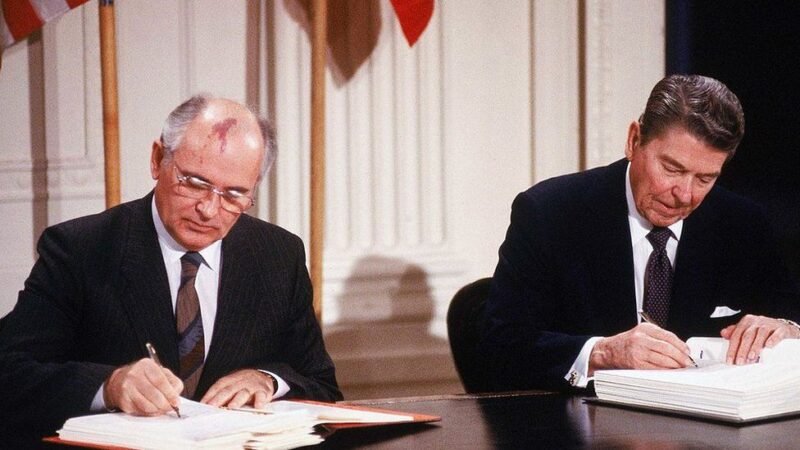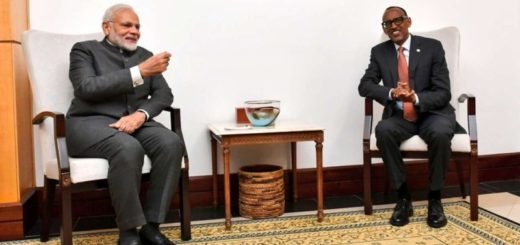The Complex Conundrum

“These were the acts of a rare leader-one with the imagination to see that a different future was possible and the courage to risk his entire career to achieve it” remarked US President Joe Biden. The European commission president called him a trusted and respected leader paving the way for a free Europe. On the face of it, it seems hard to believe that these two were addressed to the final general secretary of the USSR, Mikhail Gorbachev when he died at the age of 91 but such is his legacy as a leader.
One of the most polarizing figures in modern history, he is revered in the west as the person who understood the frailties of the soviet system and attempted to rid it of its misgivings. The famed perestroika and glasnost opened the flood gates constricted by the state and then there was no looking back. The hell broke loose so to say, the central European republics fell one by one and finally, he quit after disbanding the soviet union in 1991. The Cold War finally ended.
For the west, this event was emblematic of victory of the idea it was propagating ever since the cold war began. The Fukuyamas of the world proclaimed the ‘end of history’ handing the West the medal of freedom. It was a classic struggle that ended with one player’s fateful demise. To top this, the vision to ‘reform’ the USSR with the whiff of freedom made Gorbachev a hero in the west, he even got a Nobel!
Well understandably in Russia, he is the most reviled modern leader. His actions relegated USSR to history and made Russia a minor player in global politics. Russia’s GDP dropped by 40%, real wages halved, and poverty ballooned from 2.2 million in 1987-88 to 66 million in 1993-95. Millions died under the ‘brutal’ regime of privatization and shock therapy and half a million women were trafficked into sex slavery. More than anything, the psychological effect of ‘selling mother Russia to the west’ made him a vile figure in Russia, a psychological wound that Putin is now utilizing to bolster his imperial ambitions.
To paint a more palatable picture, he was certainly neither saintly nor ghoulish, he was an astute politician. Contrary to the popular perception of him watching afar happenings in Europe, he did send in the military in Latvia and Lithuania, where he believed he could get away with doing that. The decrepit memory of Romanian dictator Nicolae Ceausescu, who was overthrown and executed in 1989 probably prompted him to not overstretch himself militarily and maybe get killed in the process. Besides his perestroika was more to save socialism rather than revamp it, the outcome certainly turned different and more than anything, the Reagan administration bleeding the soviets dry by involving them in competition also aided in the Soviets’ demise. He cannot and should not be blamed for everything wrong back then.
However, he did something which none of the Soviet General Secretary had done before,’ recognize’ and ‘accept’ the fatal flaws of the communist ideology. The notional limits of an ideal Marxian state with little free resource generation in tandem with the needs of the people and The state’s inability to manage money. This coupled with food shortages and territorial vastness had literally destroyed the soviet economy when he took charge. In a dilapidated state, it was already inching towards a fateful demise, Gorbachev understood this and sort of preponed it. Besides unlike his predecessor, he didn’t in haste attempt to hide behind the military force, he attempted change which as we all know he FAILED!
While it is true that he aided in preventing a global catastrophe, preventing nuclear annihilation and certainly in tearing down the berlin wall, he is like all politicians a chequered and complex figure shaped by his surroundings and situations he was placed, he didn’t wish bad for his nation and certainly didn’t want accolades from the west but circumstances made him a hated figure back home and an ‘accidental hero’ of the West. While he certainly would earn a frown from Marx and Lenin, his novelty in handling the crisis saved many lives and changed the course of history, the remnants of which could be felt even today. To say in toto, Gorbachev was a complex figure in complex times and his action shaped the complex world that we live in today.



















